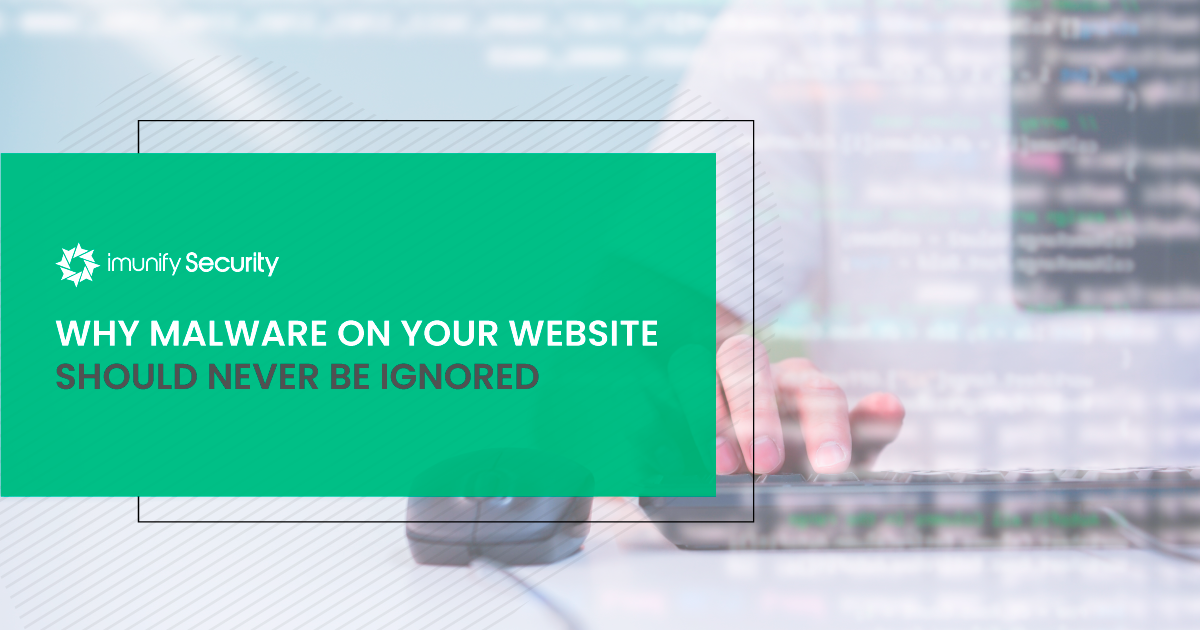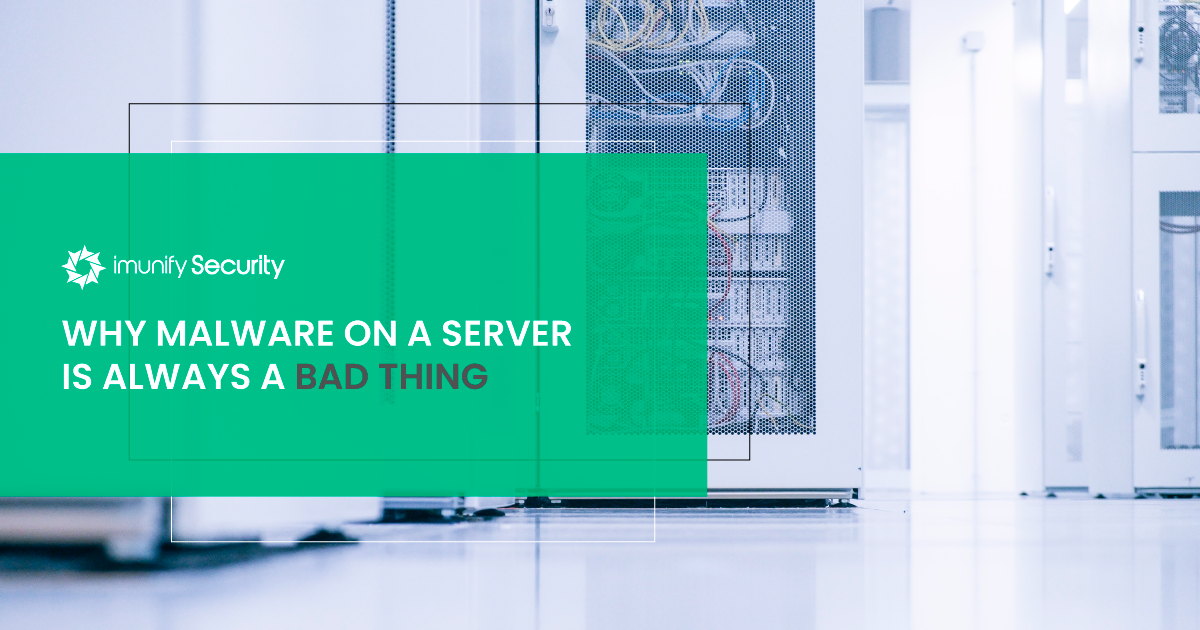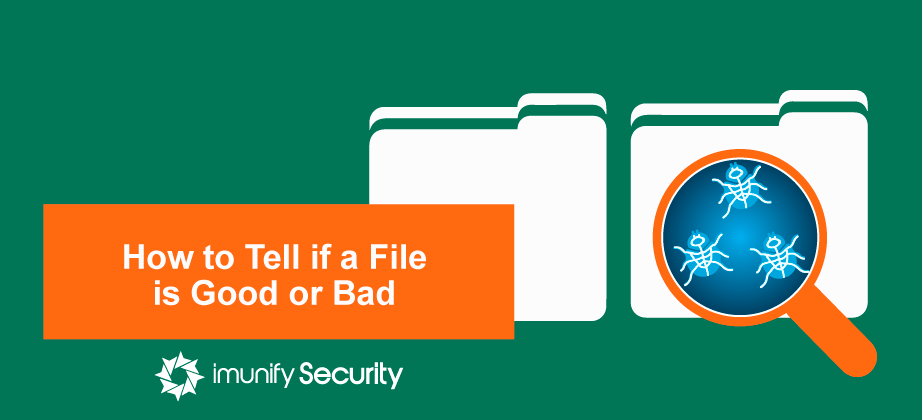
Web host administrators are aware that performance is important for customer satisfaction, but what they don’t know is that performance degradation can be directly related to malware and exploited vulnerabilities on the server. Advanced threats can be difficult to detect, but web hosts must rely on website owners with leased space on the server to stop them. Imunify360 has helped numerous web hosters detect, block, and remediate threats across the entire shared server.

During the pandemic lockdowns, many businesses went from office work to an at-home workforce. Studies show that a huge uptick in cyber-attacks started in 2020 after pandemic lockdowns, which means that more attackers were scanning and searching for exploits on web servers. A web server with poor security controls, outdated software, misconfigurations, and overall lack of administration could be subject to numerous cyber-attacks and exploits.

For website owners unfamiliar with common malware, having malware on your site that doesn’t cause any obvious issues is seemingly harmless to the site owner. How bad can malware be if it just injects links? If site owners do not understand the repercussions of malware, then they will not take it seriously. It often means that these site owners don’t have the necessary monitoring and malware protection in place to defend sites. For shared hosting providers, this issue can have severe consequences and long-term effects on the server’s reputation and potential profitability. Additionally, read our website hosting security article and learn how to keep your website secure in 2021.


An unlucky upshot of running your own website or online store is that, sooner or later, hackers will add it to their ‘juicy list of prey’. Once in their list, hackers will continuously scan and probe your site for weaknesses, trying to find a way to further their illicit goals.
Running shared or VPS servers has risks. When one site is hacked, neighbors succumb shortly after. In this two-part article, I'll explain the risks in detail and what you can do to mitigate them.

.png?width=115&height=115&name=pci-dss%20(1).png)
